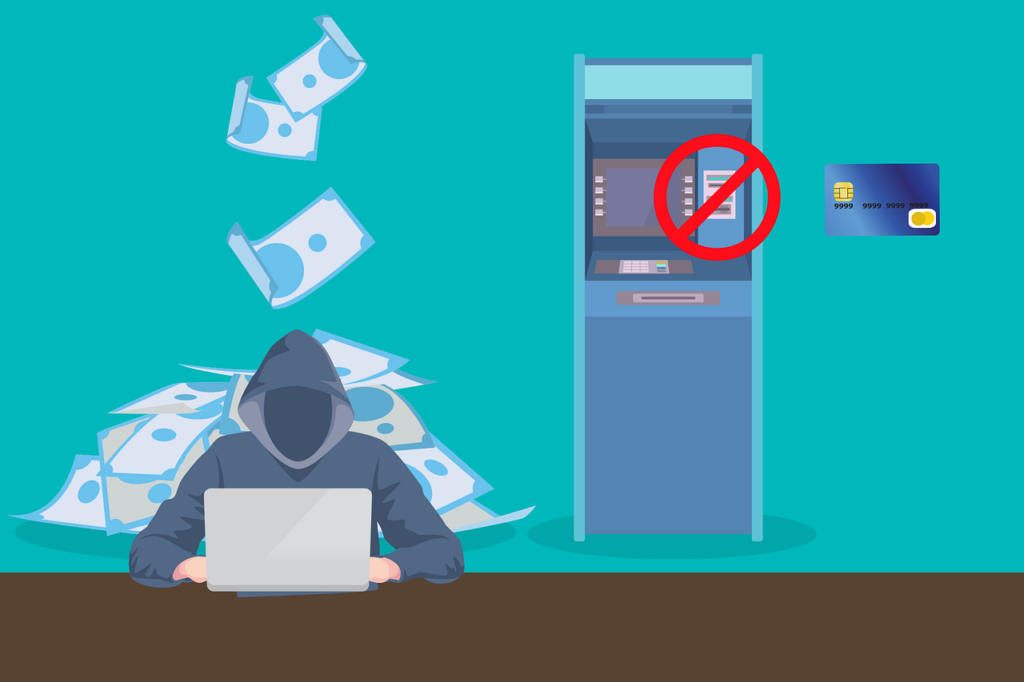CEO Charles Scharf told Burr that the bank’s answers to fraud-related queries about Zelle were “misleading, insulting, and useless.”
The Massachusetts Democrat, who chairs the Senate Banking Committee, says that customers at Wells Fargo who use Zelle report fraud or scams more than twice as high as other big banks. She said Wells Fargo also misled her by only giving limited data from the year 2018 plus 2021.
“Your responses to the remainder of my questions were insulting and useless to your customers, who have been the victims of fraud and scams on Zelle and are unaware of the higher risks they face on the platform as customers of your bank,” she wrote in a letter sent Monday to Scharf.
Warren contacted Early Warning Services and the banks to request more data on the fraud and scam complaints reported by banking customers. There were no immediate comments from Wells Fargo and Early Warning Services.
She said they did not meet the October request for randomly selected data on general fraud and scam complaints by consumers.
“I am disappointed by your evasive and misleading reply to my October 6, 2022, letter asking about the extraordinarily high and rapidly increasing instances of fraud and scams affecting Wells Fargo customers on the Zelle money transfer platform,” Warren wrote. “Your customers – who have in recent years endured dozens of examples of lawbreaking and mistreatment by your bank – deserve better.”
Many major banks may violate federal law by not refunding customers they’ve scammed on Zelle. Warren found the banks don’t repay at least 80% of the time when consumers said they were scammed on the app. The banks include Wells Fargo, Bank of America, Truist, and Capital One.
After investigating, it turns out that there have been plenty of fraudulent payments. The total amount hit $213 million.
Wells Fargo was one of several banks refusing to release critical fraud information, Warren said. However, the regularity of Zelle fraud and scam reported by the bank’s customers (compared to comparable banks) was “more than twice as high,” according to Warren.
In October, a Wells Fargo spokesman told CNBC that Warren’s claim is inaccurate and misleading.
“We welcome the opportunity to have a constructive discussion about wholistic Zelle data and industry trends — not just that of 3 banks,” Seitz said.
Wells Fargo recently responded to a report from Senator Warren, saying that her statements about Wells Fargo’s fraud and scam rates are inaccurate. In their defense, Wells Fargo points out that their reported fraud and scam rates are meager and comparable to Zelle — where only 0.1% of all transactions have resulted in fraudulent activity.
Zelle also told CNBC in October that any external reports about the use of their network need to be completed and don’t account for all the efforts and data from more than 1,700 financial institutions.
The senator was critical of Early Warning Services’ response to the allegations, calling it inaccurate and inconsistent with other banks’ data.
Warren responded that the Wells Fargo reply was wholly inadequate, given the scale of the problems.
“For example, you stated that data we published on Zelle-related problems at Wells Fargo and other banks contained ‘apples-to-oranges comparisons,’ because Wells Fargo’s ‘response to your data request included gross claims [and] … [o]ther responses may have used different dimensions,'” Warren wrote. “But this assertion, which is an attempt to minimize the impact of the problem at Wells Fargo, is false.”
When she contacted the bank, Warren asked them for information on how much fraud has affected customers in recent years. This information includes reimbursements and reimbursement rates. The data will cover 2017 to 2021 and January through September of this year.
Senator Warren asked Early Warning Services for information that was similar in addition to the number of scams that Zelle referred to law enforcement or regulatory agencies over the last five years. Warren gave each company a deadline of November 21.
“If Wells Fargo and EWS really want to set the record straight about fraud and scams on Zelle, then they should change course and provide the American people with complete data,” Warren said. “Customers who were defrauded and scammed on Zelle deserve full transparency.”
Warren asked the Consumer Financial Protection Bureau to create consumer protections for people who use peer-to-peer money transfer platforms.
Post Disclaimer
The information contained in this post is for general information purposes only. The information is provided by FinanceOpinion.net and while we endeavor to keep the information up to date and correct, we make no representations or warranties of any kind, express or implied, about the completeness, accuracy, reliability, suitability or availability with respect to the website or the information, products, services, or related graphics contained on the post for any purpose.

